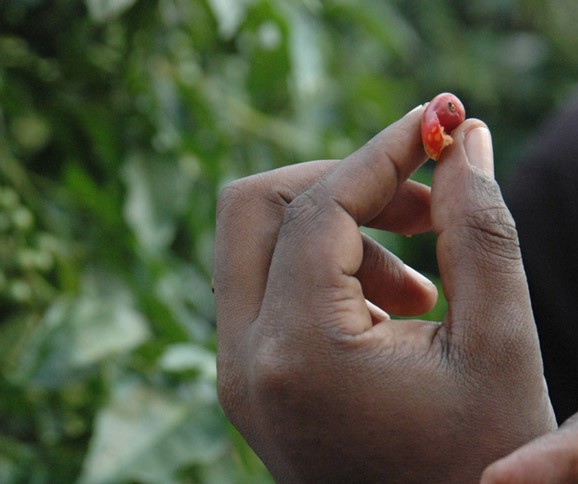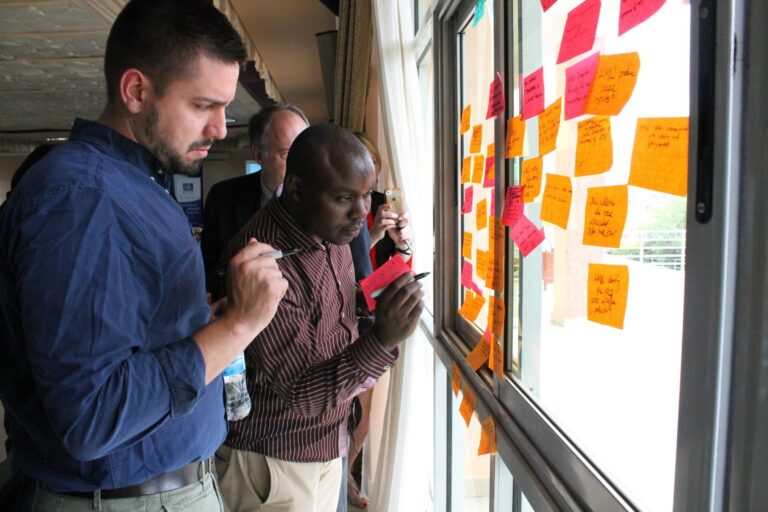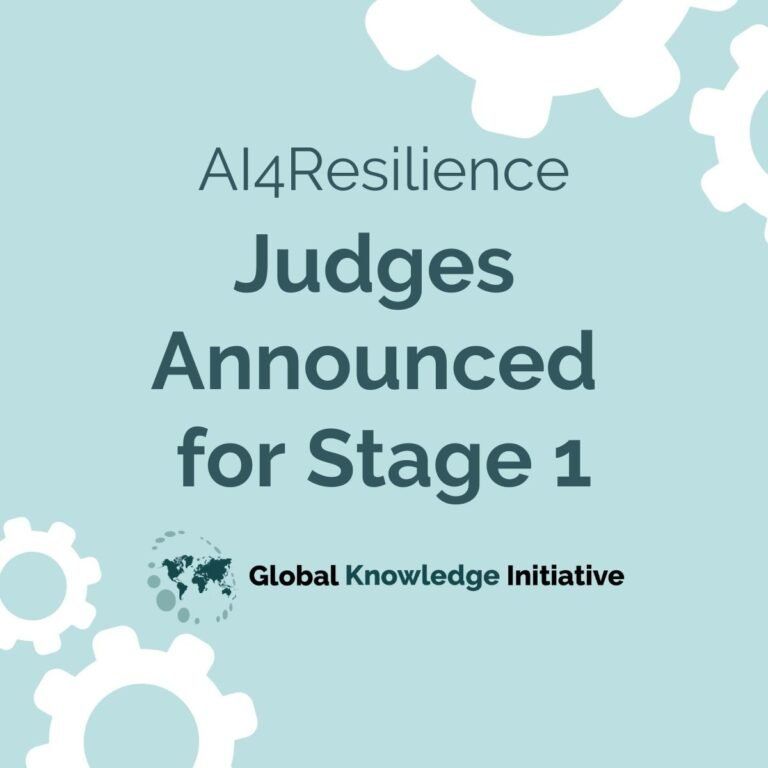Training future facilitators in Uganda

Facilitators possess the power to unlock the potential of diverse groups to solve challenges that impact millions of people. Skills for team leadership, workshop facilitation, and group problem solving prove especially important in developing countries, where decisions made on interventions in agriculture, environmental management, education, and a host of other science and technology-related domains can greatly improve—or harm—the lives of millions of families. Heeding calls for African leaders with the skills to facilitate such complex problem solving activities, GKI partnered with The World Academy of Sciences (TWAS) for the advancement of science in developing countries to deliver Facilitator Training to twelve emergent leaders in science, technology, and innovation in Africa. The Uganda National Council for Science and Technology hosted the training program at its Kampala, Uganda headquarters from 23-24 June, 2014. Held with financial support from the Carnegie Corporation of New York, the training aimed to cultivate a cadre of facilitators with the skills to lead groups in tackling the world’s most persistent socio-economic development problems.
To solve today’s complex global challenges—climate change, food insecurity, rapid urbanization—talented, motivated people must share knowledge and resources to find innovative solutions. While such work is promising, it represents a challenge. How can a group of individuals with vastly different backgrounds and expertise form a shared vision for success? How can diverse networks align incentives and leverage the skills of each team member? Whether through structured workshops or ongoing communication with dispersed team members, facilitators help answer these questions and assure that those taking on complex challenges stay on course. Facilitators coordinate and align distinct interests by helping groups identify a common purpose, and guiding those groups toward a shared solution.
GKI designed the Kampala Facilitator Training workshop to impart these skills to a group of leaders in positions to make a critical impact in socio-economic challenges relevant to science, technology, and innovation. Trainees included representatives from the TWAS Young Affiliates program, UNCST, the Regional Universities Forum for Capacity Building in Agriculture (RUFORUM), and Stewards Management Lab Ltd. Participants—who hailed from countries as diverse as Ethiopia, South Africa, and Rwanda—learned skills such as turning complex challenges into actionable opportunities and creating an action plan to maintain group momentum and focus. Through this training, participants gained the skills they needed to transform problem solving at their home institutions and beyond.
The Facilitator Training program falls under the auspices of GKI’s LINK (Learning and Innovation Network for Knowledge and Solutions) program, an initiative that helps teams of developing-country innovators solve agricultural and environmental challenges through international partnerships. Since 2011, GKI has implemented the LINK Program in partnership with universities and research teams in countries such as Rwanda, Afghanistan/Pakistan, Kenya, and now Uganda. A second round of Facilitator Trainings will take place in early 2015.








